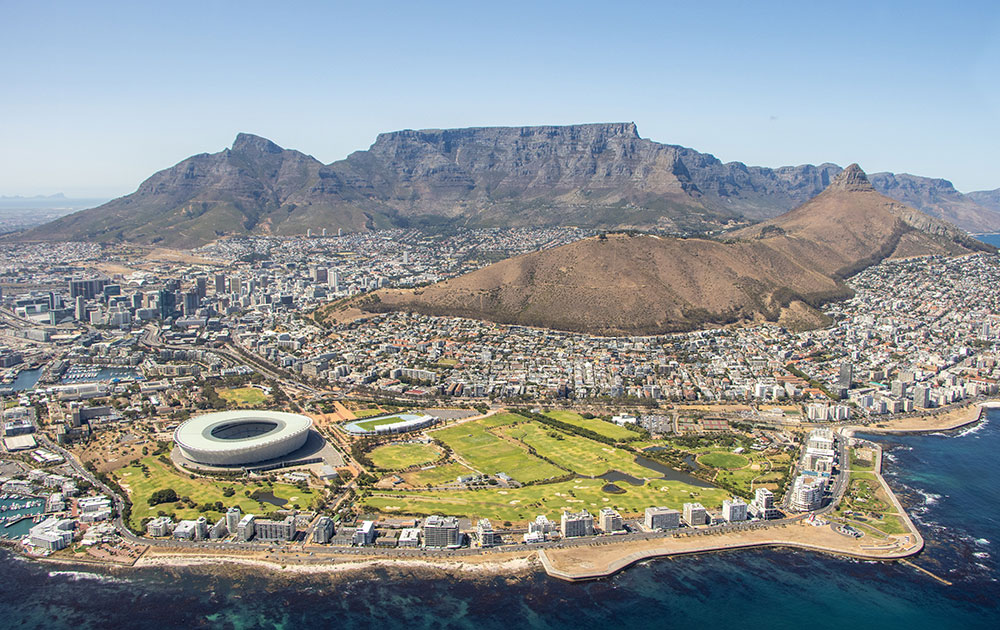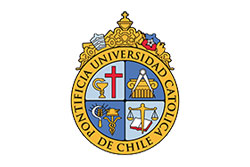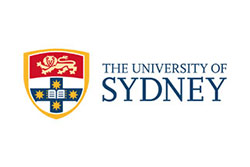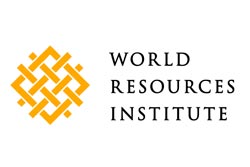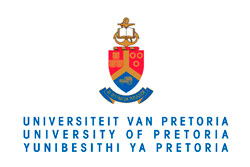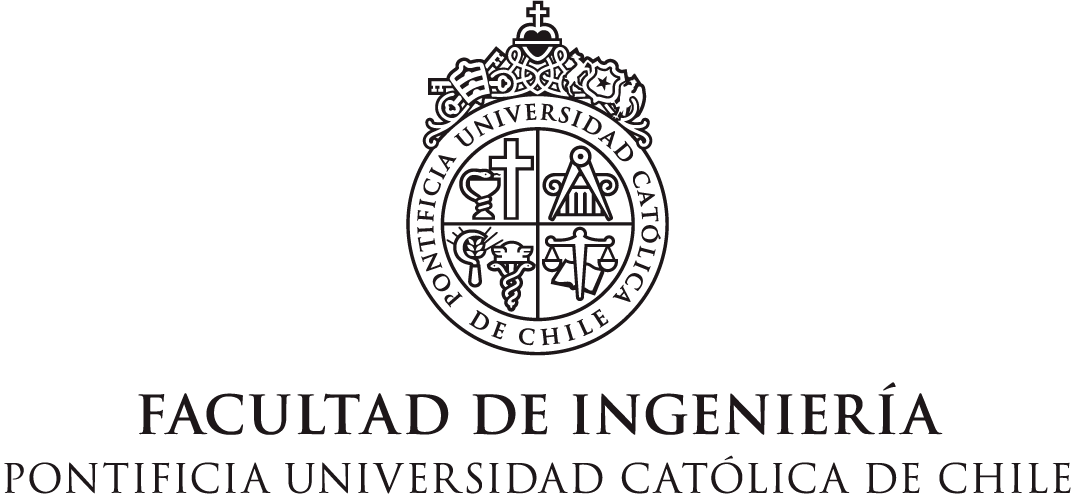The movement of people in space implies the consumption of resources such as time, space, money and energy, as well as the production of negative externalities such as accidents, pollution and congestion. Some of these effects have been analyzed on an aggregate level by comparing regions in the world, a set of selected cities and different geographical areas in a particular city. The analysis of data on a more disaggregate level that considers the differences in the cause and continuance of negative transport externalities among social classes and groups living in a particular city in the developing world is rare.
This paper uses the São Paulo Metropolitan Region (SPMR) 1997 origin–destination (OD) survey to investigate such phenomenon by taking advantage of the fact that data are divided according to six levels of household income. Results refer to mobility patterns in workable days.
The main conclusions are that although people at the lowest income level spend a high share of their income on transport, they have a very low overall mobility and contribute almost nothing to transport externalities. At the other extreme, the two highest income groups that use cars intensively invest much more time, space and money to travel around and so contribute to transport externalities 8.4–15.2 times more than the lowest income group. Such large differences challenge current transport policies in developing countries and call both for a reassessment of assumptions and principles as well as for opposition to the propagation of myths that have sustained such inequitable policies.
